Vivienne’s Diary: January – Part 1
TRANSLATIONS: JAPANESE ● TRADITIONAL CHINESE ● SIMPLIFIED CHINESE
Wednesday, 1 January: Happy New Year. We spent a quiet Christmas at home – just Andreas and I. I sometimes went for a walk on Clapham Common with Andreas – love the time of year especially at twilight time when the weather is miserable, then back to a warm home. He pops out more than me – sometimes to work though there was no one else there. Andreas was reading a biography of Bernard Berenson, the art historian. He told me a bit about him.
Berenson (1865 – 1959) began by travelling in Italy, looking at art in churches, in homes and in vast collections which were then open to the public. The Uffizi gallery in Florence was opened up in 1824. Florence was particularly important; the collections of the Medici had built that great interest in the past and particularly the antique pagan world which fired the Renaissance.
Searching, discriminating, Berenson wrote on art – books; knowledge of art was once disseminated through engravings, with photographic reproduction this knowledge became widespread. Berenson became an authority, authenticating for dealers and buyers. Now began that exodus of much of European art to America. At the heart of the important collections of America are the bequests of these collectors. In particular, Berenson advised the rich widow, Isabella Stewart Gardner, who built a Boston gallery to house her acquisitions of top stuff.
Berenson made money. He housed his famous collection of art books in his villa, I Tatti, overlooking Florence. There were other important art historians of the time but Berenson is the one who is generally known. He was elegant and charismatic. He was one of the models for Swann in Proust’s novel. Swann fell in love with his mistress, Odette, because she looked like a Botticelli.
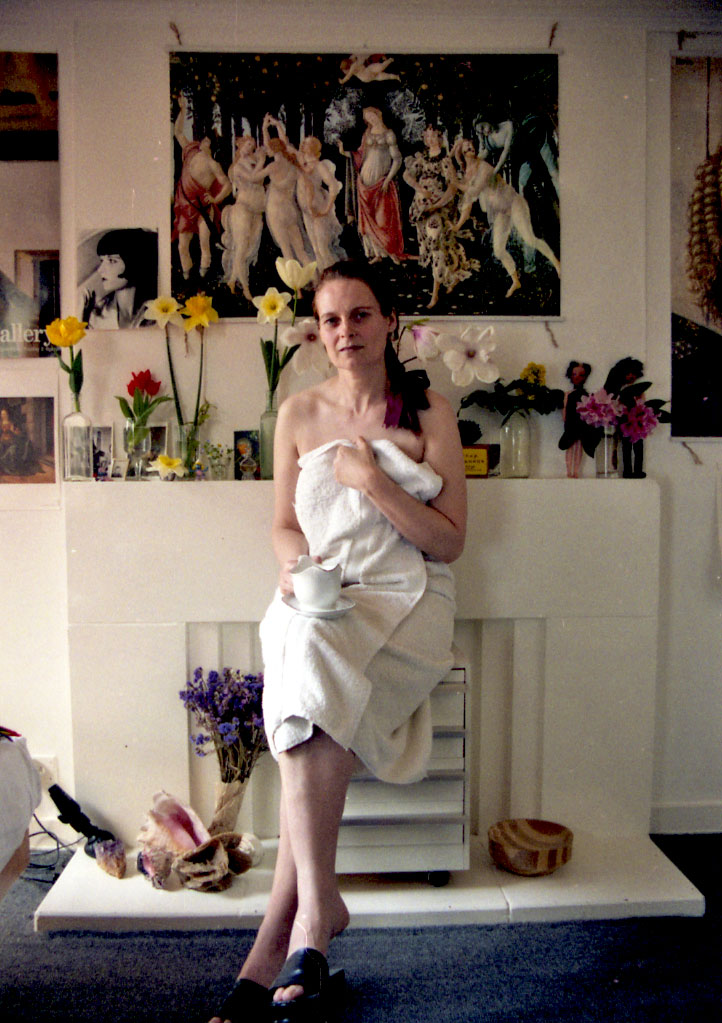
this is me in my old flat around the time of Buffalo Girl collection, having just come back from working in Italy. The poster is Boticceli’s “Primavera” which is in the Ufizzi gallery – Photo Ben Westwood
I was reading my beloved Chinese masterpieces catalogue and going through my papers. I don’t use a computer which I realize must be convenient for storing information. Instead, I sorted through my piles of papers – photocopies of articles which I keep. Many of these have been selected for me, copied from the internet by Cynthia.
I re-read them and keep only the most important ones. John Pilger – I have been reading his books and articles since 1986 when he published his book, “Heroes”. In that book – the section on the Vietnam war where John worked as a reporter – the lengths America went to , to impose supremacy, to establish world hegemony – and create hell – are beyond belief, beyond the imagination of the Devil.
You must watch an incredible film to find out what was going on in America. The Weatherman were fighting, the Vietnam war at home. The Weather Underground
John is the same age as me. Aged 45, I already had a good grasp of global politics and reading “Heroes” everything fell into place. John had learnt so much by direct contact with the reality of world events; he had done so much – several books and the exposure of Pol Pot’s regime in Cambodia. In “Heroes” John says, “As Chomsky has pointed out, American policy was never concerned with Vietnam alone…” America is supposed to have lost the war in Vietnam. But they had achieved their aims; the threat was that Vietnam would have a different financial model (more social, more fair) than the model of capitalism and that other Asian countries might copy it. “Far from being vanquished in South-East Asia, the US has devastated, blockaded and isolated Vietnam and its ‘virus’ and has subordinated to American interests almost every regime in the region.” One thing we need to know – the world is run for cheap labour; the American interest and capitalism has since been able to exploit this densely populated region, especially Indonesia.
Amongst my papers, an article by John I have kept begins, ‘Countries are “pieces on a chessboard upon which is being played out a great game for the domination of the world,” wrote Lord Curzon, the Viceroy of India in 1898. Nothing has changed.’
The article defines US war games today, with British and Australian help: infiltration in Africa over energy, minerals and fertile land – and their military build-up in Asia, against their competitor for these resources, China.
“Nothing has changed”: Japan, China’s old aggressor, has entered the game, re-arming rapidly. Sixty percent of US naval forces are to be based in Asia by 2020, aimed at China.
In another of my papers, I read that America’s greatest item in its ever-accumulating debt (despite its bankruptcy) is its military bases (There are 23 in Japan).
Well now, in John’s article he mentioned, “Since NATO reduced Libya to a Hobbesian state in 2011 the last obstacles to Africa have fallen.” So as part of clearing up my papers I looked up Hobbes (1588 – 1679) in my “Everyman’s Encyclopaedia” and his book, “Leviathan”, which I haven’t read, in my “Companion to English Literature”, from which I quote, “The basis of Hobbes’ political philosophy is that man is not, as Aristotle held, naturally a social being, recognizing the claims of the community upon him and sharing in its prosperity, but a purely selfish creature, seeking only his own advantage and resisting the competing claims of others. The result is contention, enmity and war.” He says that man in a state of nature was like this. How does he know?
From Aristotle’s observations it follows that man’s social nature can result in a social structure which allows humans to prosper, but I cannot understand how a state of total war could lead to any degree of peaceful coexistence and civilized life, the world, after all, in which Hobbes lived. Perhaps he gives an explanation but it must be full of holes because his basic premise is at best only half true. This is the trouble with most philosophers; they propose either a nonsense or a partial observation and then proceed to support their theory through a series of mental gymnastics.
Thomas Hobbes preferred deduction to induction, which means you think of a theory and then prove it by reason; induction means you assess (hopefully all) the available facts.
Hobbes’ selfish view of man is the mechanical view of nature, that man is motivated only by his material needs and desires. Hobbes then built a theory that men must agree – because it is in their own interest not to be constantly warring – to accept the power of whatever ruler they happen to have (in the case of the British, a monarch) and that obedience to the ruler must be total unless he fails to protect them.
I don’t know if I’ll read “Leviathan” but this theory would support other mechanical theories which sprang up – e.g. “laissez-faire” and the free market (which really depends for success on rigging the system – definitely not a level playing field) and from it, the cultivation of man’s bad qualities, e.g. in Victorian times the popular maxim was, “Man’s selfishness is God’s providence”: God made us selfish so that we must prosper – the corollary of which is: people who are poor must help themselves.
I also think that the theory prepares the ground for a “club” of men trained to have a mechanical view of the world and who therefore know what’s best for all of us who are stupid and sentimental. (“Media control”, Noam Chomsky )
I tell you all this because I think it’s interesting and also because you have to know the past to know the present and also because it’s so important to look up the root of words in the dictionary: deduction, from Latin verb ducere =to lead, de=away from/induction= lead in (Duke = leader).
And just to add more interest, the Greeks understood the violence wreaked by incomplete theories which aim at uniformity. Procrustes, whose name means “the stretcher” was a fabulous robber who accosted travellers and let them pass only after he had fitted them to the size of his bed by stretching or mutilation. (fabulous comes from the same word as fable, a story – not real).
On New Year’s Eve I woke up about 2.30 am. I was thinking – Climate Revolution is working with NGO’s, activist groups, organizations and individuals to prevent fracking in the UK; together we will draft a letter as the first step in informing the public of the facts. We hope that many will sign it; we are keen on getting the support of farmers.
I worry – despite the fact that David Cameron said nothing would go ahead without fair discussion, what we hear from the government is that it’s all going ahead: licenses have already been issued and more are in the offing. We, the opposition, don’t have as big a voice in the media so it’s important we counter, all with the same message. We can’t just say they’re lying as we’re looking for a broad base of support. But perhaps we could all agree to say that the government is behaving irresponsibly?
Everything I’ve heard the government say is not true. They want to allow this infrastructure with hundreds of test wells to go ahead at the risk of ruining our soil, water and our beautiful countryside, all so that companies and their investors can make a profit – and it would only last five years. Shale gas is not as abundant as the government claims – and all this while ignoring the alternatives.
Monday, 6 January: Everyone back to work. The Christmas and New Year holidays occurred in the middle of the week which left only the odd day or two between the holidays and the weekends, so people hung on until the 6th.
Tuesday, 7 January: Interview with Deborah Orr for “The Gentlewoman”; it will be published on 22 February. They are giving us 4 pages of fashion photos but the interview is about climate change. It is important to do these interviews to help raise awareness but now I do less because I’m so busy doing the work (and writing the blog – I like it). There are so many important things I would like to be doing. I am looking forward to our anti-fracking meeting tomorrow. (Meanwhile, what about the President of China! And the Pope!)
Wednesday, 8 January: To Curtain Road, Old Street, to a photographic studio.
When we began our business in the 70’s, I spent three days a week driving over London to outworkers – I cut the clothes and took them to machinists; I made the knitting patterns and took the wool to the handknitters and I went to Greek artisans delivering materials to get tailoring and shoes made. In Curtain Road I visited a trimmings merchant, an enormous warehouse filled from floor to ceiling with treasures. Nowadays we choose trimmings from brochures or send our own designs to companies, usually in Italy and not open to custom from the street.
I did my photos for “The Gentlewoman” with photographer, Alasdair McLellan, and stylist, Jonathan Kaye. They were nice and clever. I enjoyed myself.
Now at 3.00 pm I went on to my son Joe’s in Amwell Street to meet the anti-fracking groups. The role of Climate Revolution, with the help of Joe, has been to try to get the various activist groups together. People liked the idea of using the fact, “the government is behaving irresponsibly”. We discussed the main content of the letter. Now it’s good. Most importantly, it demands the government stop until all our questions have been answered (we will refute their claims). The people we’re working with are really impressive regarding the organization they have in place to physically protest; and we all rely on the climate activists in the camps to keep the focus of the protests.
I am doing the same 3 things all the time: designing clothes, Q v Q and Climate Revolution.
Friday, 10 January: Andreas and I go to Milan for the preparation and presentation of our menswear collection. The show is on Sunday, and all next week in our Italian showrooms we begin selling all our collections including accessories, except Gold Label, to our buyers and to our own shops. Selling then continues in London, Paris and Los Angeles. There are a lot of people in our Italian building. I concentrate on the unisex knitwear, making sure it looks good and making improvements for the production. (Elisa, from our Italian company, did a marvellous job; she did it in 3 days).
I also looked at Red Label which had just arrived. I am, in general, pleased. “I want the woman who chooses to wear this collection to look looked-after, warm, adventurous, important and artistic. I left it to Andreas to get on with the MAN collection, styling and casting – and Georg, to whom we gave a lot of freedom to design this season and who worked so hard. The show looked good. I interview on anti-fracking.
Tuesday, 14 January: Home.
Wednesday, 15 January: 10.00 am on a boat, “The President”, moored near Blackfriars Bridge, to a press conference where I will speak on “ecocide”. This is how it happened: The concept of ecocide has been around since the 1970s. Making ecocide a crime against peace was examined within the UN for decades throughout the 1970s – 1990s. It was shelved last minute in 1996 without being put to the vote and despite a number of countries objecting to its exclusion. Polly Higgins, a UK lawyer and advocate for making ecocide a crime against peace picked up the idea in 2010, judging that people would again be responsive to it:
“Ecocide is the extensive damage to, destruction of or loss of ecosystem(s) of a given territory, whether by human agency or by other causes, to such an extent that peaceful enjoyment by the inhabitants of that territory has been or will be severely diminished.
Proposed amendment to the Rome Statute, by Polly Higgins, April 2010
Polly gave a talk after which Prisca Merz, now voluntary director of End Ecocide in the UK, offered to help in any way she could – Prisca’s guest blog. It is still only a small organization but they are doing awfully well; they have already had two mock trials, one of them charged the Alberta tar sands in 2011. “At the end of September, two CEOs were found guilty on two indictments of ecocide of Canada’s Athabasca tar sands when the law of ecocide was tried and tested for the first time in a mock trial at the UK Supreme Court on 30 September 2011. The event was live-streamed by Sky News to thousands across the world who tuned in to watch the drama unfold. Leading QCs Michael Mansfield and Chris Parker and their teams of lawyers fought for and against the indictments laid at the feet of Mr Bannerman of Global Petroleum Company and Mr Tench of the Glamis Group. Although the CEOs were actors and the companies fictional, the evidence was real and the issues the same as if the real CEOs of the companies involved in the events were being examined.”
If you start an idea you get help and this is what attracted me to help; so did “The President”, they gave the venue free (We once did a perfume launch on this boat). I also know that just to hear the word “ecocide” will raise the public consciousness. But after the launch – really well attended and reported by the press – I realized that the movement has a real chance of concrete result.
Friday, 17 January: My friend, Lorna Tucker, is interviewing me for “Dazed and Confused” which I will guest edit during fashion week.
Saturday, 18 January: Andreas and I went to Kate Moss’s 40th birthday party out in the Cotswolds. It took only 90 minutes by car. I enjoyed myself so much. I’m so busy that I see these friends rarely. My old friend Chrissie Hynde (we once went everywhere together), and I do like Sadie Frost and her Mum (I must invite them to the Red Label show, inspired by a collection Sadie first modelled in 16 years ago), Stella McCartney and Rifat Ozbek – he did the décor (psychedelic) – Kate, herself, “Hello!” (I’ve said it before, her voice is so sexy and intimate – everything she says sounds like a conspiracy – to do what? One day I must find out.) And then there was Naomi! Andreas loves her. She really is a goddess – she behaves like one, she makes things move.
Monday, 20 January: Another dear friend, Jean-Yves Thibaudet, world-famous pianist – Andreas and I bike to the Wigmore Hall after work where he and mezzo soprano, Angelika Kirschlager, are in concert together. I love the Wigmore Hall and the concert. We’re so lucky. Jean-Yves is sweeter than ever. It’s not only his super talent that makes him a star but because he is also so endearingly nice – and fun. We were all together with his friend, Paul.
Tuesday, 21 January: Q v Q. I meet Gregor from the Vienna shop and he shows me how he bought the Red Label. There is still time for me to overview and make a few changes. Afternoon – to the offices of Trillion Fund, where the team tell Cynthia and me of their progress and answer our questions. They are working all the time for small investors to be able to invest in renewable energy, meaning that the public get more involved not only in renewable energy but in having more control over the banking system.
Wednesday, 22 January: Tizer and I bike over to Somerset house after work to see the photographic exhibition of stars who have been nominated for BAFTA’s, supposed to be the biggest collection of film stars in one place – by Andy Gotts. We want to thank Andy as well because he has been taking photos of celebrities wearing the “Save the Arctic” t-shirt we designed for Greenpeace.
– I love receiving letters: From my friend Bachee – sometimes written on an old typewriter or by hand. I chose excerpts about climate change.
*I’ll take the Diary to the end of January in the next few days including our anti-fracking campaign.



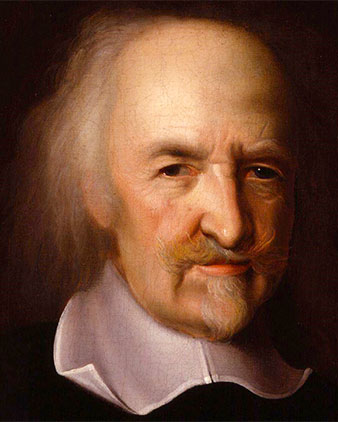
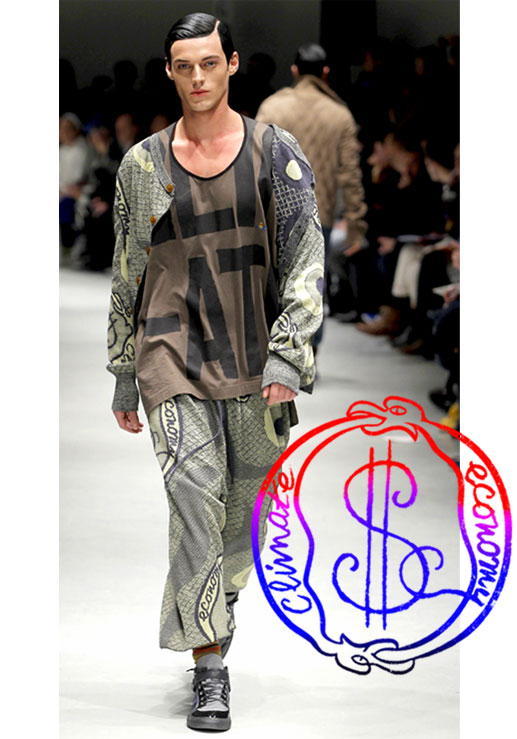
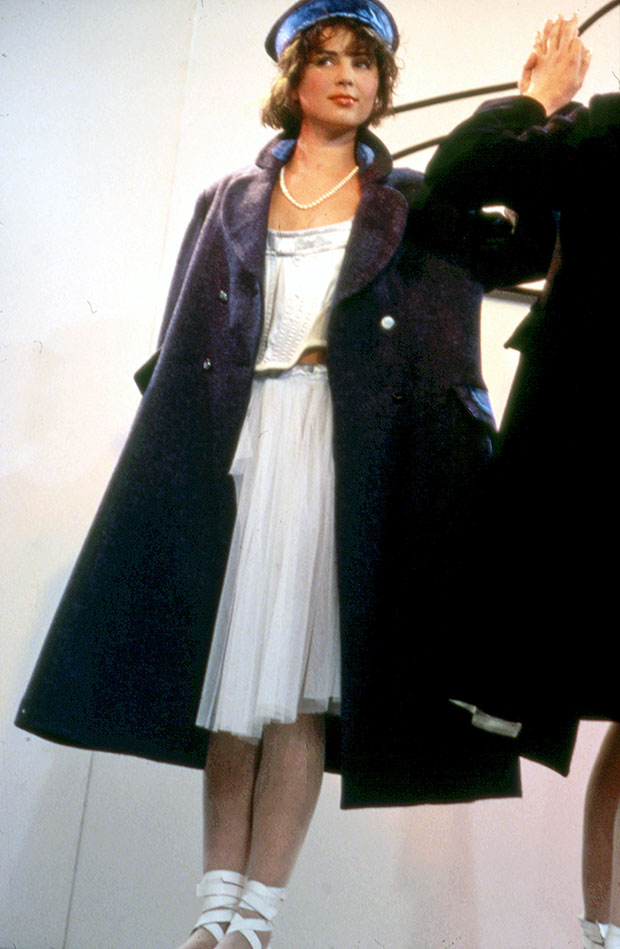
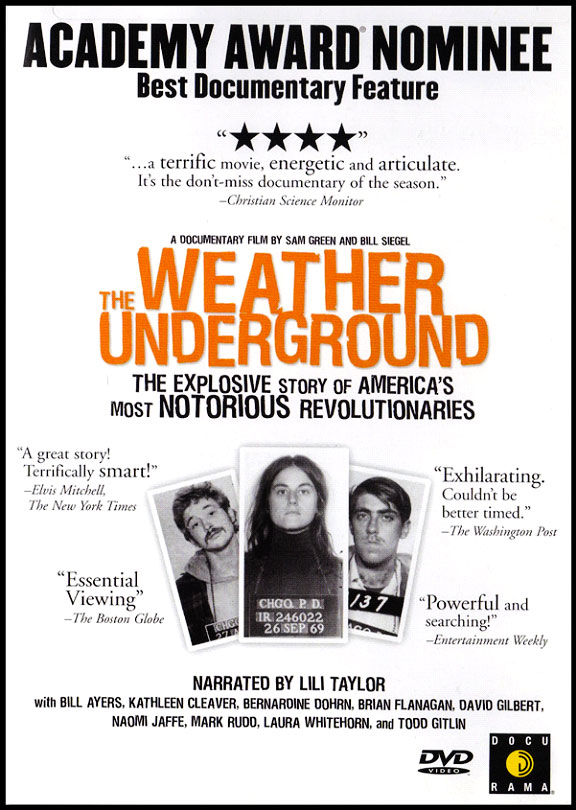
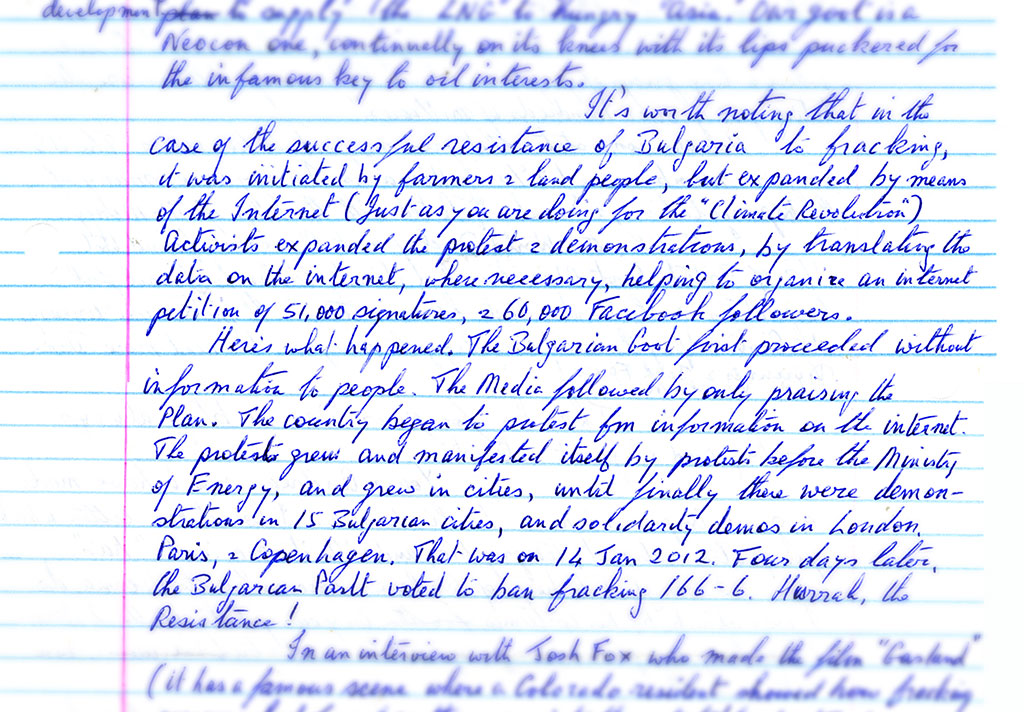
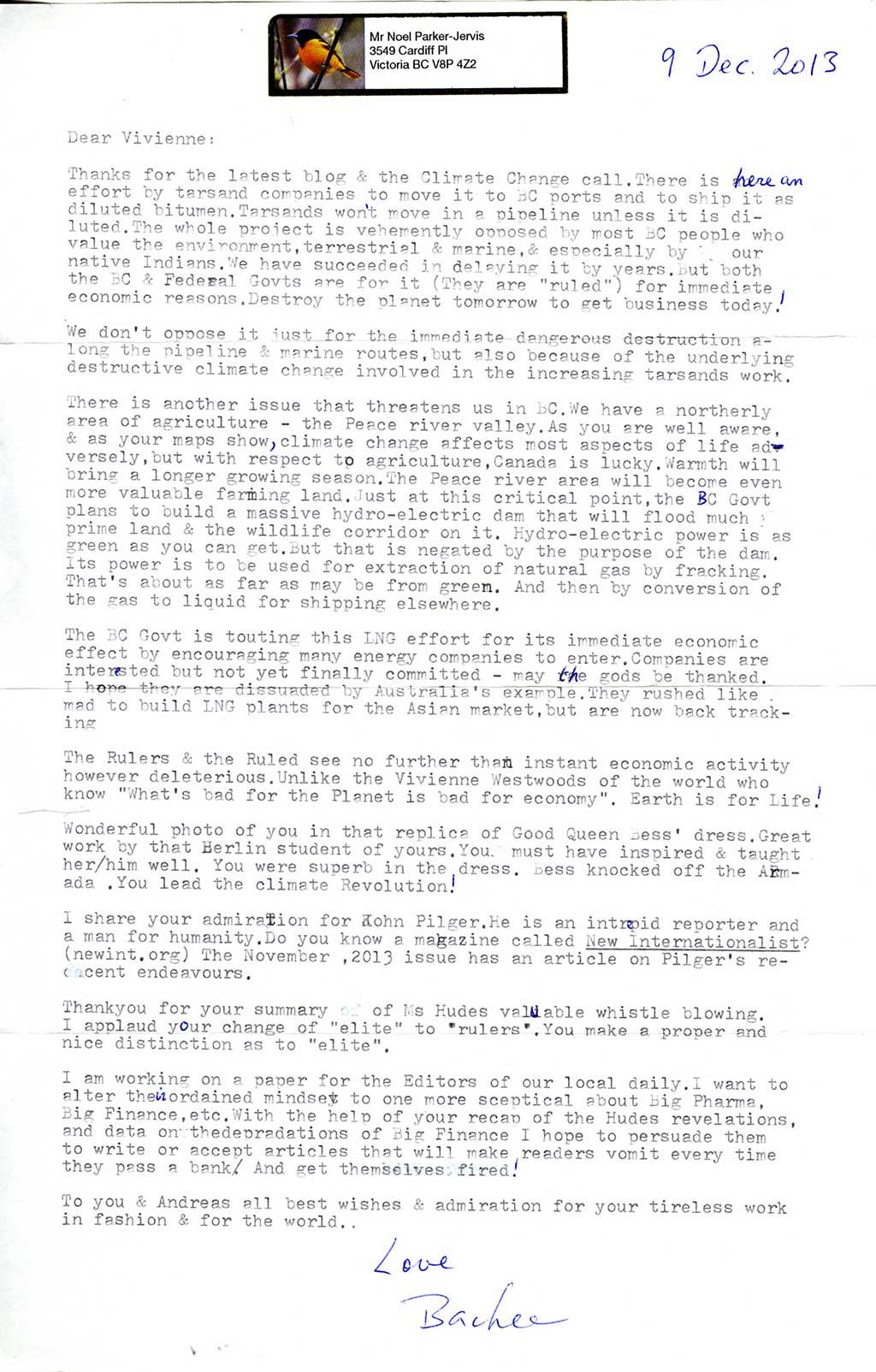

No comments yet